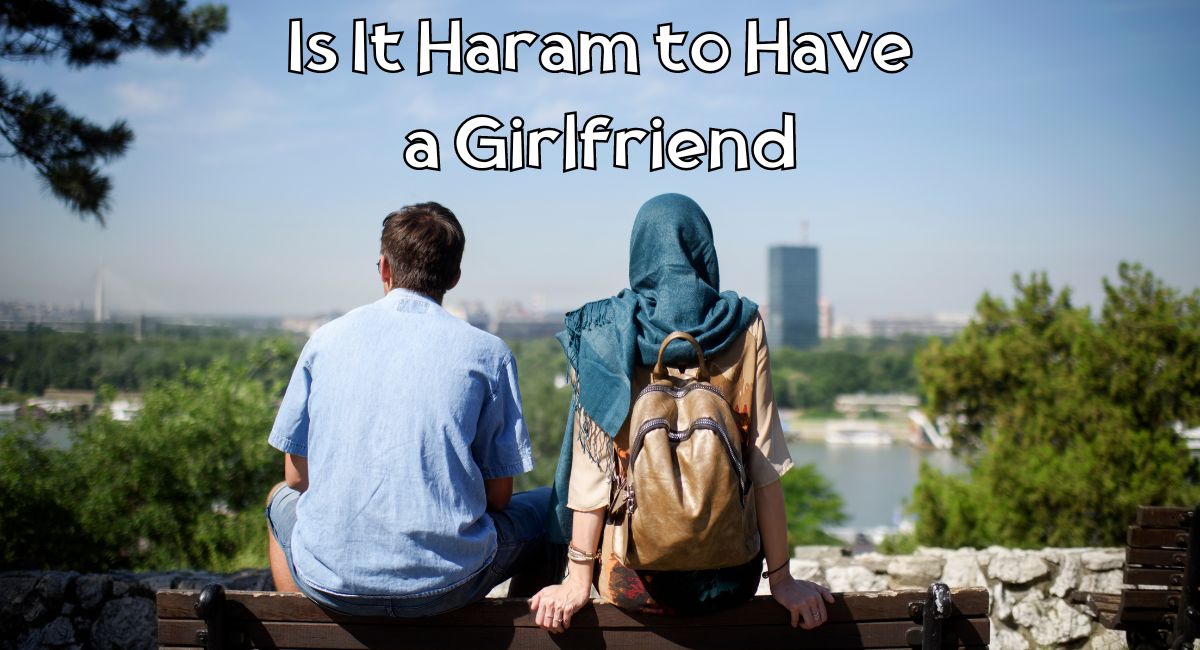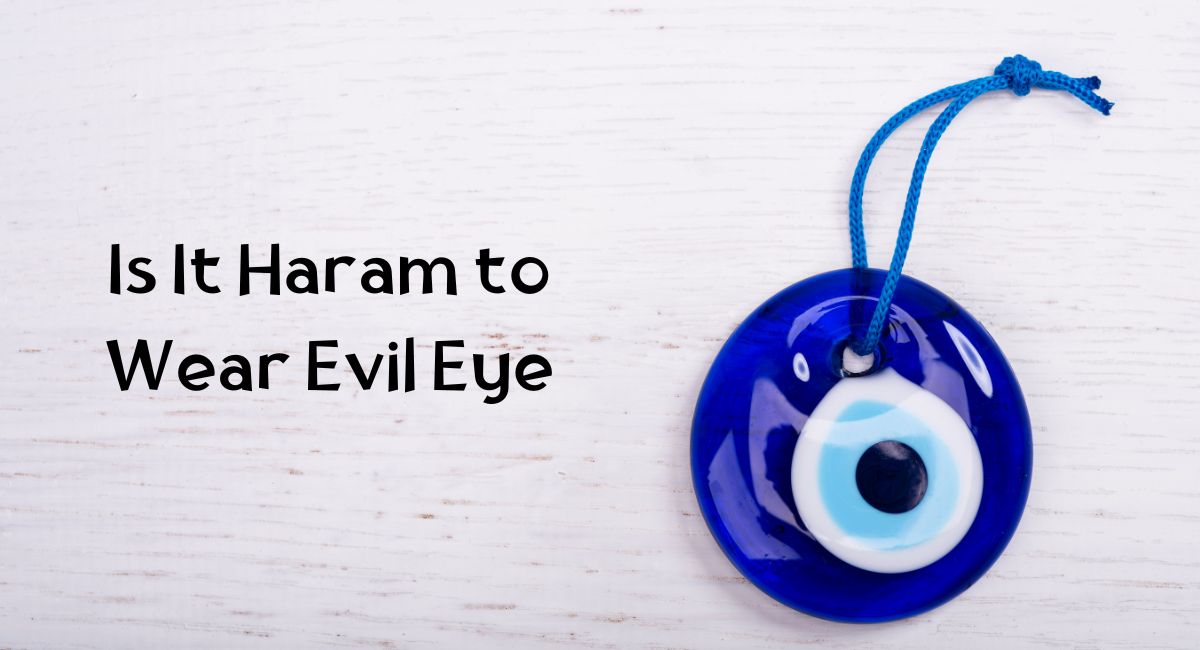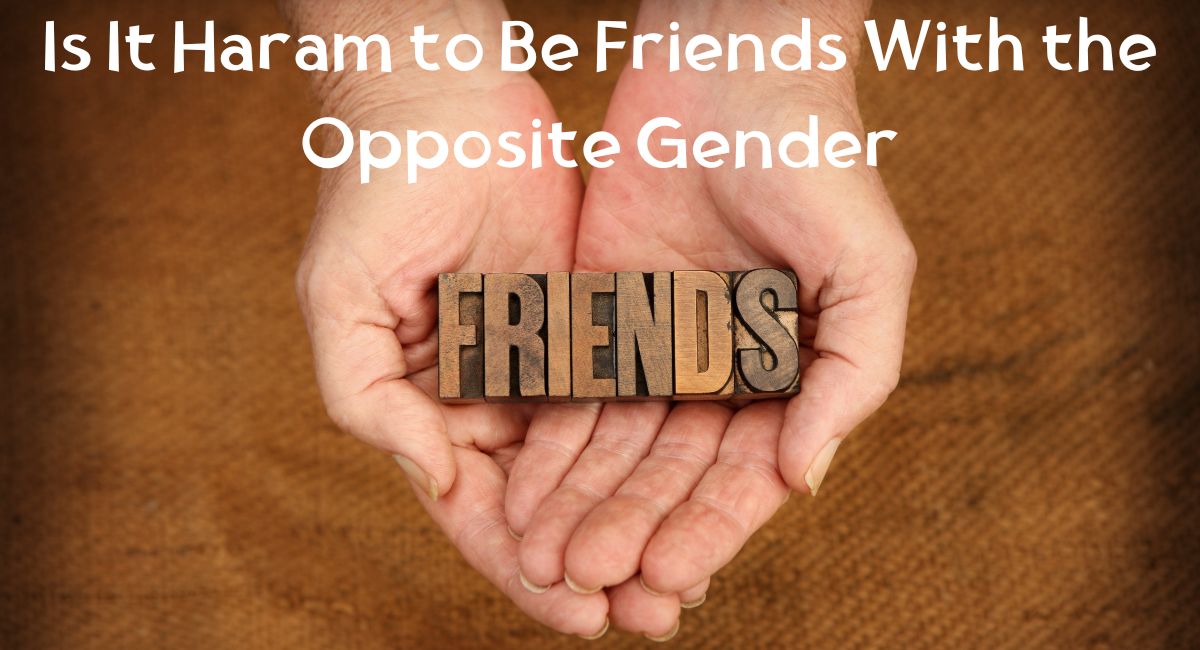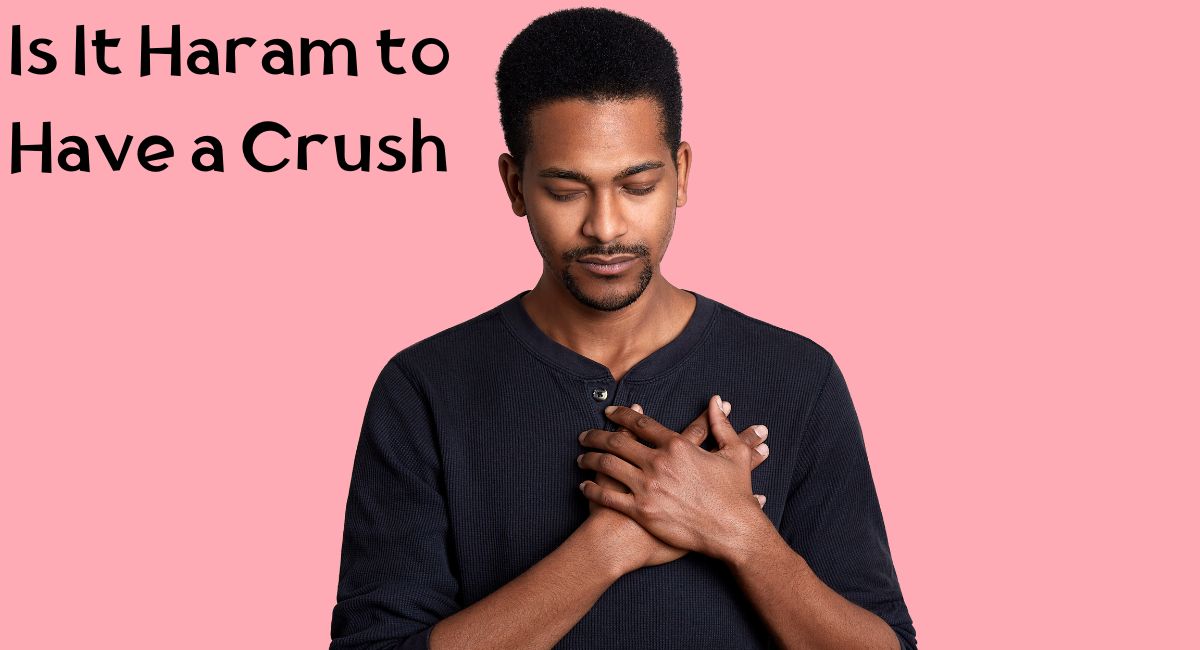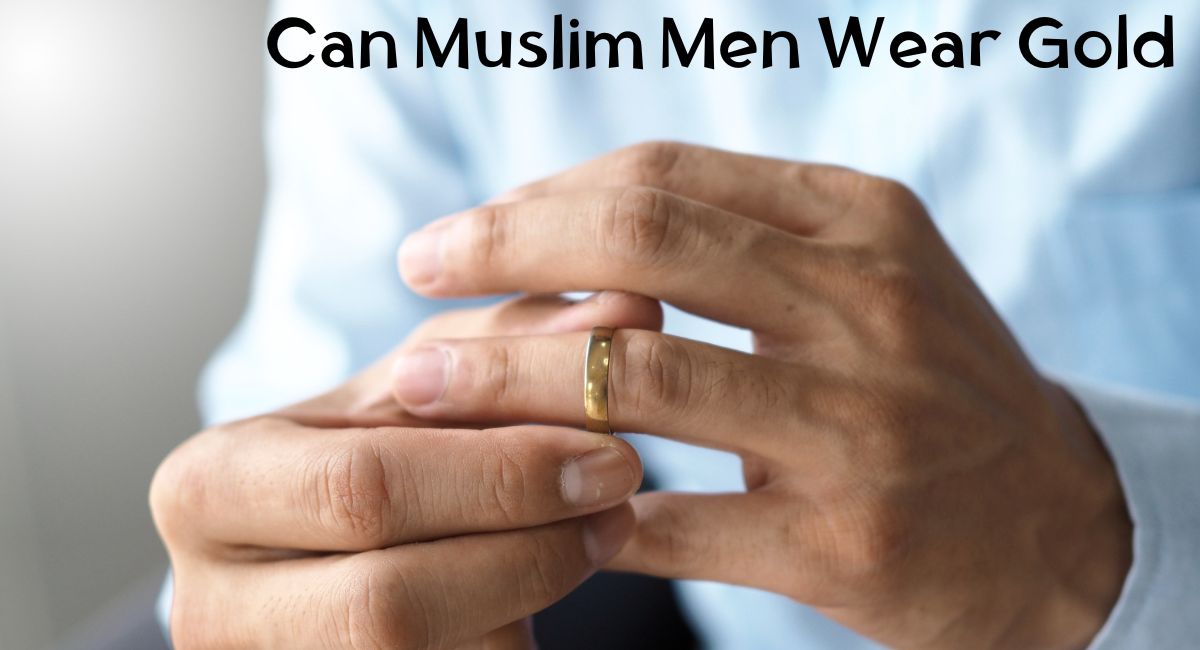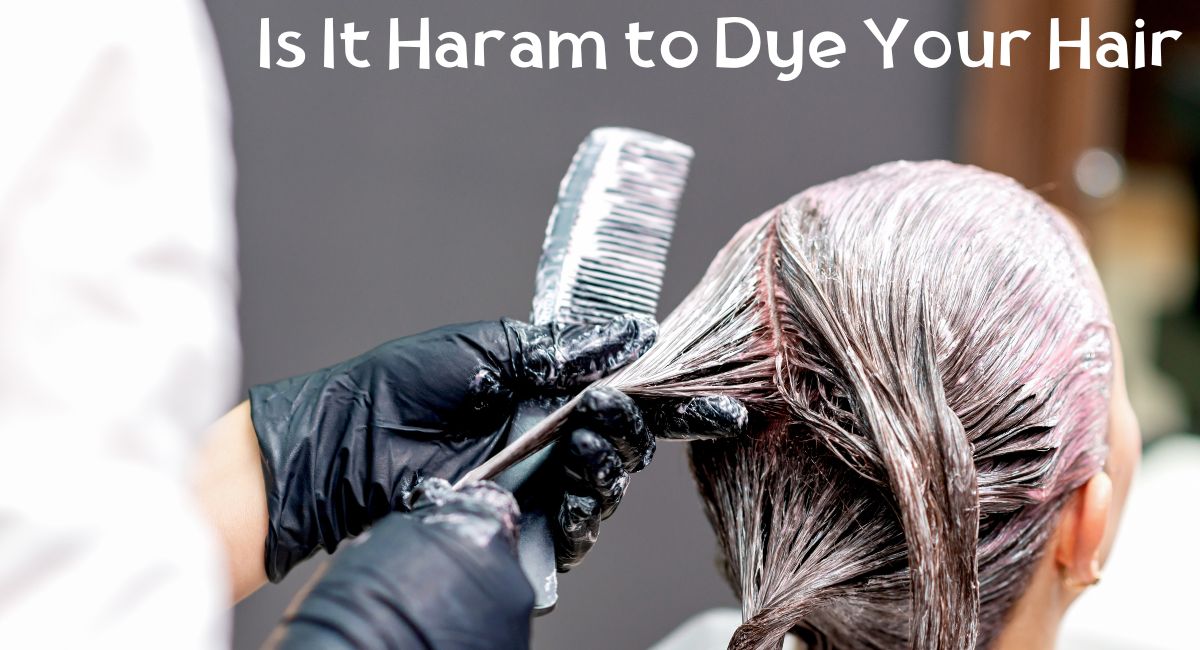Tattoos and their permissibility in Islam have long been a topic of debate and discussion among scholars and followers of the faith.
While there is no definitive answer to whether tattoos are considered “haram” (forbidden) in Islam, the issue raises important questions about religious interpretations, cultural practices, and personal choices.
In this article, we will delve into the various perspectives surrounding tattoos in Islam, exploring the arguments both for and against their prohibition, and shedding light on the nuanced considerations that come into play when addressing this complex issue within the context of Islamic ethics and beliefs.
Key Takeaways
- Tattoos of any nature or depiction, including Allah’s name or other religious symbols, are considered haram.
- Changing Allah’s creation is seen as a sinful act and is mentioned in the Quran.
- Various hadiths emphasize the prohibition of tattoos in Islam, with the act of tattooing seen as altering the body’s natural state.
- The Quran does not explicitly mention tattoos, but the belief that they are haram mainly stems from hadiths.
- Temporary tattoos, like those created using henna, may be viewed differently and considered permissible under certain conditions.
- Praying with a tattoo is generally allowed, but covering it during prayer may be advised in certain cases.
- Being a tattoo artist is generally considered haram in Islam, as it is seen as promoting something haram.
- A name tattoo would also be considered haram in Islam, along with other forms of tattoos.
- Personal interpretation and scholarly guidance play a role in determining the acceptability of tattoos in Islam.
Are Tattoos Haram
Tattoos in Islam are generally considered haram, or forbidden, across various Islamic teachings and interpretations. This view is based on several factors.
Changing Allah’s Creation
The concept of altering the physical appearance as mentioned in the Quran is interpreted by many scholars as a reference to changing Allah’s creation. A relevant verse in this context is An-Nisa 4:118-119, which describes Satan’s promise to lead astray some of Allah’s servants, filling them with vain desires.
This includes commanding them to alter God’s creation, which is considered a sinful act. The verse states: “God has excluded Satan. Satan said: ‘I shall take some of Your servants as a stipulated portion; I will lead them astray and fill them with vain desires.
I will order them to slit the ears on livestock and order them to alter God’s creation.’ Anyone who adopts Satan as a patron instead of God has obviously lost out” (an-Nisa 4:118-119).
Hadiths on Tattoos
In Islamic teachings, tattoos are generally considered haram (forbidden), and this view is supported by various Hadiths. Here are some relevant Hadiths on tattoos:
A Hadith narrated by ‘Abd-Allaah ibn Mas’ood states: “May Allah curse the women who do tattoos and those for whom tattoos are done, those who pluck their eyebrows and those who file their teeth for the purpose of beautification and alter the creation of Allah.” This Hadith is recorded in both Al-Bukhari and Muslim (Al-Bukhari, al-Libas, 5587; Muslim, al-Libas, 5538).
Another Hadith emphasizes that tattooing is considered a major sin in Islam. The Prophet Muhammad (peace be upon him) is reported to have cursed the women who get tattoos done and those that tattoo others. This view is reiterated in the teachings and is considered a strong evidence for the prohibition of tattoos in Islam.
The act of tattooing is viewed as a form of altering the physical appearance that Allah originally created, which is why inking bodies with tattoos is considered to be haram. This is seen as a sin because it changes how Allah originally created human beings.
The Hadith by ibn Masood, cited in Shahi Bukhari, also mentions that the Prophet Muhammad PBUH cursed women who practice tattooing, those who get tattoos, those who remove hair from the face and eyebrows, and those who make artificial gaps between their teeth for beautification purposes.
Are Ephemeral / Temporary / Fake Tattoos Haram
The topic of ephemeral or temporary tattoos in Islam is a nuanced one, with different perspectives offered by Islamic scholars and interpretations of religious texts. While permanent tattoos are clearly considered haram in Islam, the stance on ephemeral or temporary tattoos is more varied and subject to interpretation.
Temporary tattoos, like those created using henna or stick-on tattoos that can be easily removed, are often viewed differently. They are considered permissible under certain conditions, as they do not permanently alter the body’s appearance.
These conditions include ensuring that the tattoo
- Is temporary
- Does not depict animate beings
- Is not displayed in front of non-mahram men
- Is not harmful to the skin
- Does not imitate immoral or non-Muslim women
- Does not include symbols of deviant religions or beliefs
- Does not contain haram elements like nudity or offensive images
Islam generally discourages any form of permanent alteration to the body, as the body is seen as a sacred trust from God. Since temporary tattoos fade over time, they are often viewed as more acceptable than permanent ones.
However, some scholars argue that even temporary tattoos are forbidden because they alter the body’s natural state, even if temporarily. They view tattooing as a form of self-mutilation and a violation of the prohibition against altering one’s physical appearance.
As with many aspects of Islamic jurisprudence, personal interpretation and scholarly guidance play a significant role in determining the acceptability of temporary tattoos.

